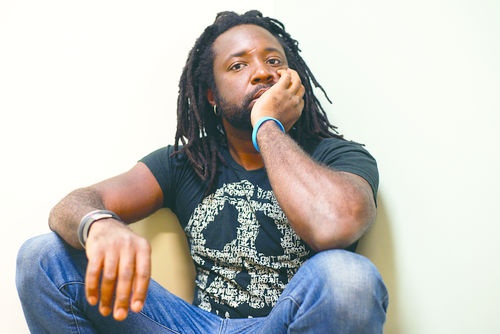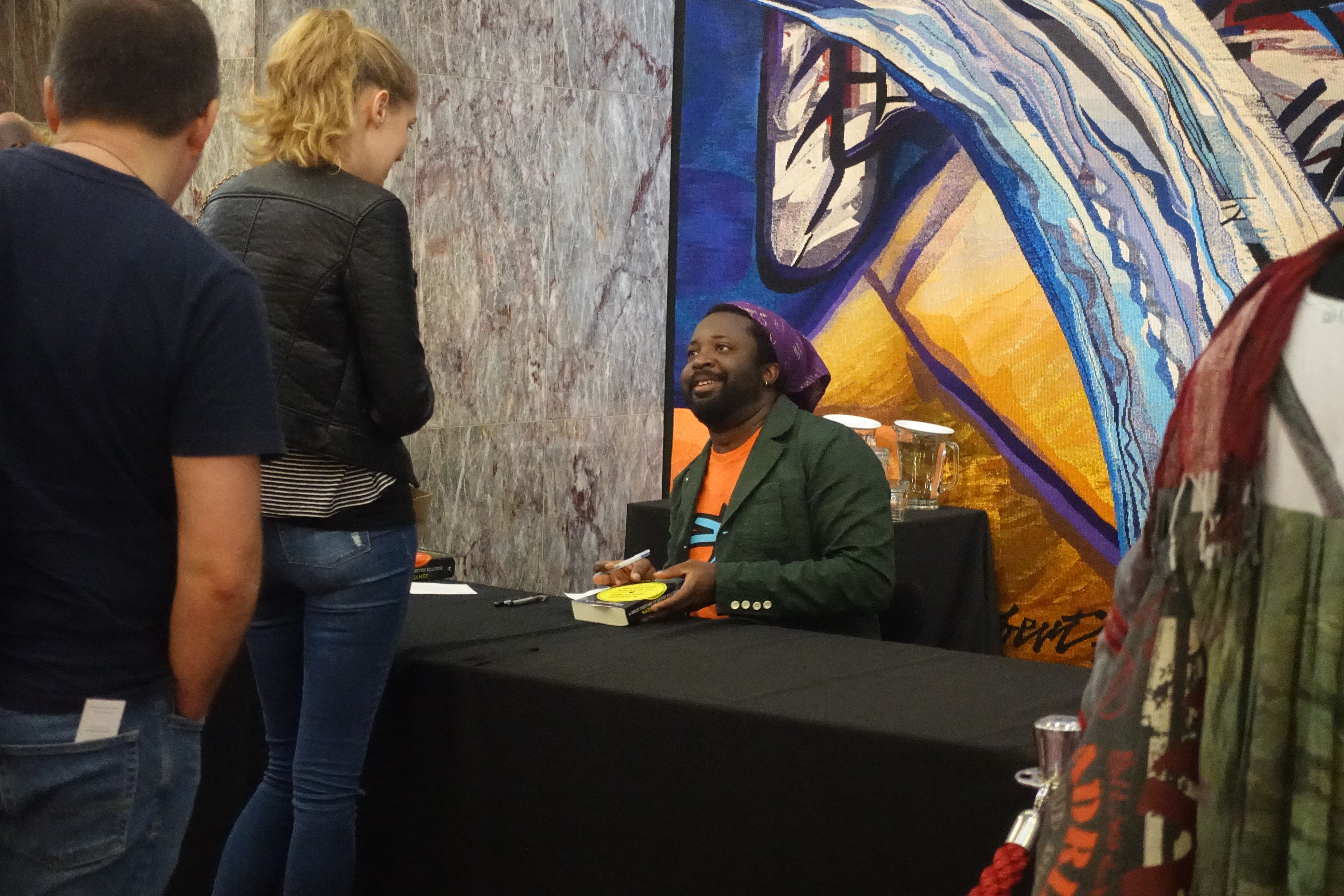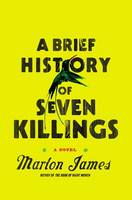When asked about how does it feel writing a new book, Marlon James does not hide the dread of writing vocation: "It's like a childbirth. You think, how the hell did I end up here again! Was it not bad enough the last time?"

Last years Man Booker Prize winner is a guest of this year's Auckland Writers Festival. His book, A brief history of seven killings, stretches not-so-briefly over 600 pages, opening questions of power, class and race with diversity. It features a plethora of voices: deceased, witnesses, killers, drug dealers, journalists and reporters, detectives, FBI and CIA agents, beauty queens, members of parliament and also Keith Richard's drug dealer. It is an exploration of Jamaica before and after the attempted murder of Bob Marley.
Why the shooting of Bob Marley? Because the year 1976 was an exclamation point of social and political instability and general fear in Jamaica. The shooting, Marlon explains, was highly relational not just to Marley's life, but to life of all Jamaicans - if they can shoot Marley, they can shoot anybody. Marlon turned this moment into a storytelling device, that navigated him through the exploration of "10 different Jamaicas".
He finds writing hard work and it demands a lot of discipline, but there is nothing else he could do. During the process of writing, his characters surprise him but also disappoint him. They become human and he often finds himself saying: "I didn't see that coming!" The only voice he was not interested in, while writing A brief history of seven killings, was his own. It soon became clear that only one voice won't do either. There had to be more of them, they had to be three-dimensional and authentic. Like the journalist. "He's such a bad writer, he writes like I did in high school," Marlon adds, keeping the amount of humour nicely balanced through out the session.
But how do characters arise? Where do they come from? Some of them support different points of view, others come to existence because of demands of the plot, or emotional credibility of the story. "But some of them just have to come in and be cool,"
That's where beauty and creative power lies in the novel, in the polyphony of voices. It is this that makes the novel Marlon's favourite literary form. The novel has also been a place of escape. As a fiction it offers the possibility to explore forbidden things - and there is quite a few of them in his novel: "You have to risk going too far. Discomfort happens all the time." Rather than talking about love, he risks pornography."I don't do love, I am a literary fiction author" he sums up, grinning.
If you tried reading Marlon's book and didn't like it, there is a great chance you would like Marlon himself. No matter the size of the stage he finds himself on, he is relaxed, communicative with the crowd, witty and amazingly well read. He just ... comes in and is cool.
Find out more
- Find out more about the Auckland Writers Festival 2016
- Browse all our Auckland Writers Festival posts
- Read Masha, Moata and Roberta’s Auckland Writers Festival 2016 recommended booklist
- See photos from the Festival.




Add a comment to: Marlon James – the author who just comes in and is cool – Auckland Writers Festival 2016